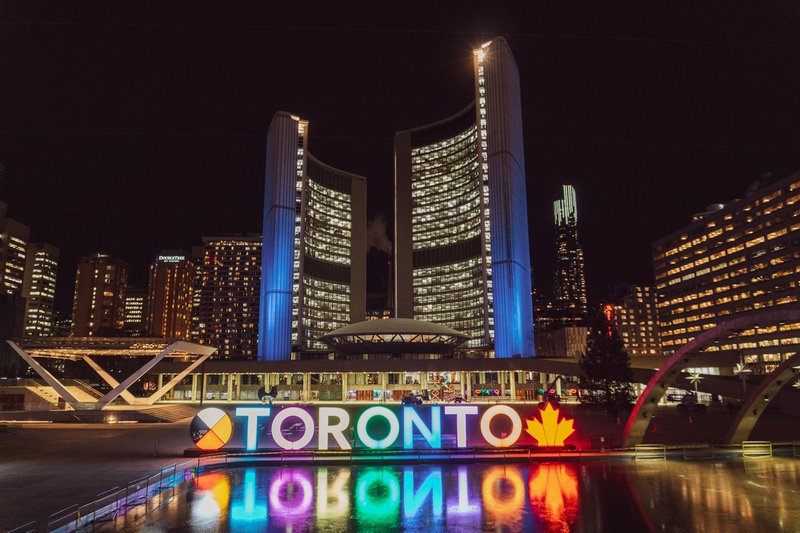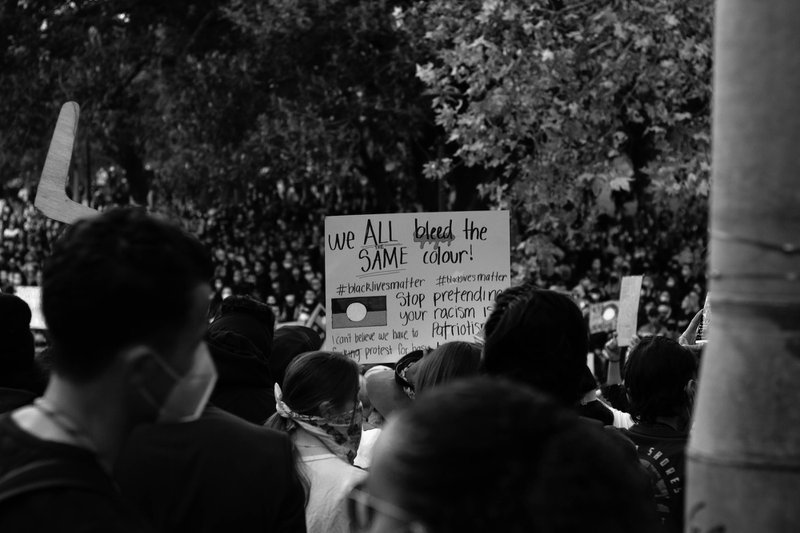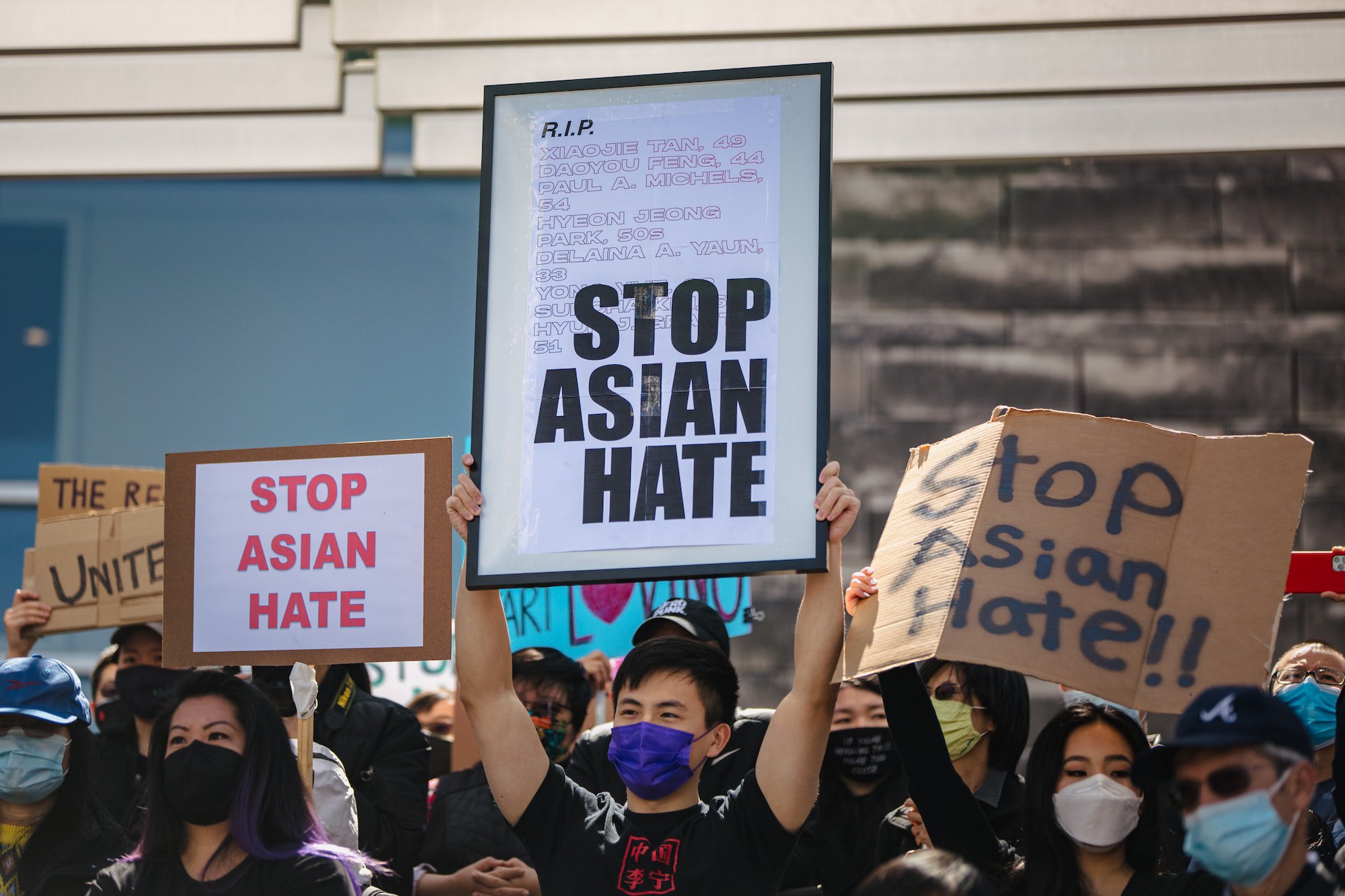Seven years ago, I moved to Toronto from Hong Kong to attend high school. Over time, I have become more comfortable in this city. Still, at times I feel insecure and unsafe, due to the increased number of violent incidents in Canada over the past few years. Last week, my father (who lives in Hong Kong) sent me an article about an Asian student who was killed on a bus by a woman in Indiana who, after her arrest, stated that, “now there will be one less person who will blow up our country.”

Even before I left home for Toronto, my family and friends have been expressing their worries about me, with regard to anti-Asian racism outside of Asia. These people suggested that as a minority individual, I should stay quiet and be meek in public in order to avoid any potential conflict.
But racism doesn’t work that way, and even though I tend to be more introverted and those above traits come naturally to me, people will still form their own distorted opinions about me, regardless of my behaviour.
Prior to COVID-19, I had never encountered any overt form of racism. Canadians are known for their politeness and overall cultural awareness when compared to other countries in the West. In 2019, during the pro-democracy movement in Hong Kong, I felt supported while attending demonstrations and doing leafletting on the streets of Toronto as many passersby showed solidarity and genuine concern for my place of birth and its people.

Following the COVID outbreak in Canada, people started to blame everything on the Chinese, mainly because the first outbreak happened in Wuhan, China. Suddenly, overt acts of discrimination against Asians (including Koreans, Japanese, Singaporeans, Taiwanese, Hongkongers, Malaysians, etc.) overseas increased drastically.
Uber rides that I had ordered were canceled right after the driver saw my face. I started noticing that I was getting weird stares on public transportation. People moved away from me in the grocery store check-out line. These things were happening so often that I started to feel numb about them.
My Asian friends living in the UK and the U.S. were sharing similar experiences with me. While fortunate that we had not been subjected to physical violence, these incidents caused us to have feelings of powerlessness over how we were viewed and treated by non-Asian people.

I was taking deep breaths as I rode the escalator down to the platform. I was minding my own business when I heard the woman’s voice behind me again. "Go away, you virus spreader!"
I tried to ignore her and I got on the train. I sat down as far away as I could from the couple. I was about to cry, feeling choked up with anger and loneliness. Intellectually, I understood where the hostility came from. Emotionally though, I couldn't help feeling upset. I held in my tears until I got to school and released them when I arrived at the washroom.
I thought about racism during that subway ride. I realized that it isn't about me but it reflects deeply-entrenched problems with the social structure of society. Even so, those thoughts didn’t comfort me. Like any other living being, I can be hurt when treated with cruelty. No one should have to experience this kind of suffering.

There is a Chinese phrase by Confucius: "Do not do to others what you don’t want to be done to you.” (This echoes the Golden Rule in the Bible: “Do unto others as you would have them do unto you” [Luke 6:31]). I wish that couple on the subway lived by these ideals.
It occurs to me that violence against Asians during COVID parallels the moral panic against homosexuals during the rise of AIDS in the 80s, where the hostility was irrational and unreasonable. No one was going to catch AIDS by standing next to a gay person but even so, the panic verged on hysteria.
There is no scientific association between Asian people and the COVID virus and it’s a flawed and irrational narrative to put the blame on Asians. Once COVID spread beyond China, everyone had the same likelihood to infect one another. If I could go back in time, I would tell the couple on the subway that they were more likely to be virus spreaders than me because they weren’t wearing masks and I was.
The only thing that anti-Asian sentiment does is to cause harm to individual Asian people like me. Hatred did not cure AIDS and it won’t cure COVID. We should all try to practice a bit more tolerance and kindness and for the couple on the subway, I would say, “Get your facts right before you open your mouth. You’re only embarrassing yourself.”
______
The Gen Z Corner is a new column with the Ruthless Compassion Institute written by Sharon Fung, which features compelling first-person narratives about mental health through a Gen Z lens. You can follow her blog here
Sharon Fung is a columnist for the Ruthless Compassion Institute based in Toronto, ON. With her bachelor’s in Equity studies and East Asian studies from University of Toronto, she focuses on cultural awareness, history, mental health, social issues, personal reflections, and how they intersect.



